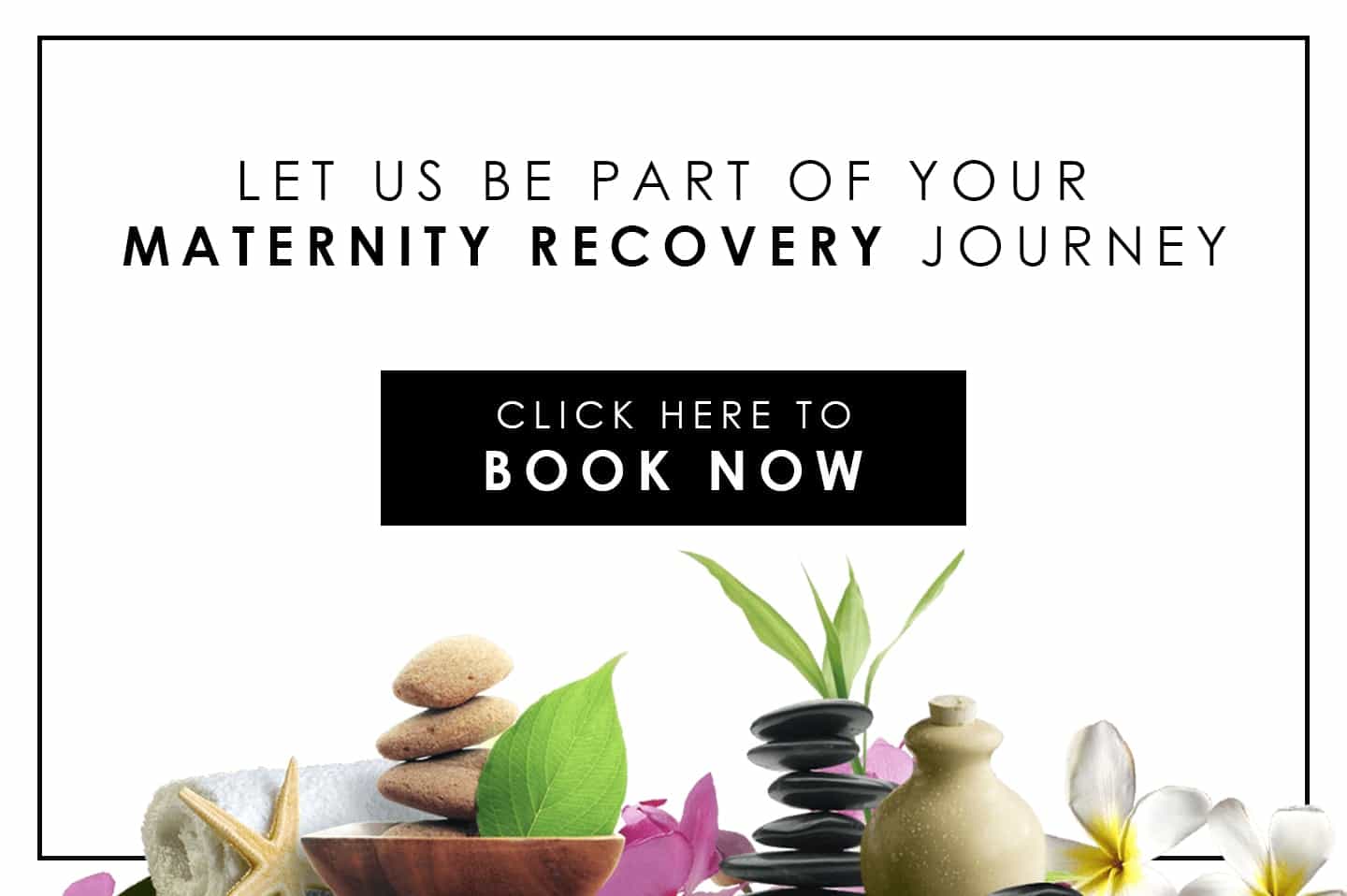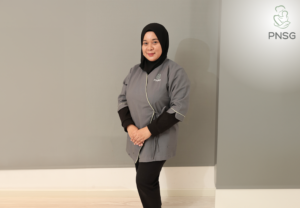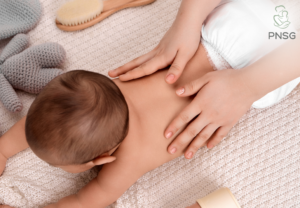7 Gambas Crescent, #09-09, Ark@Gambas, Singapore 757087 ♦ Reservation : +65 6417 9690
5 Things To Avoid For Pregnancy Skincare
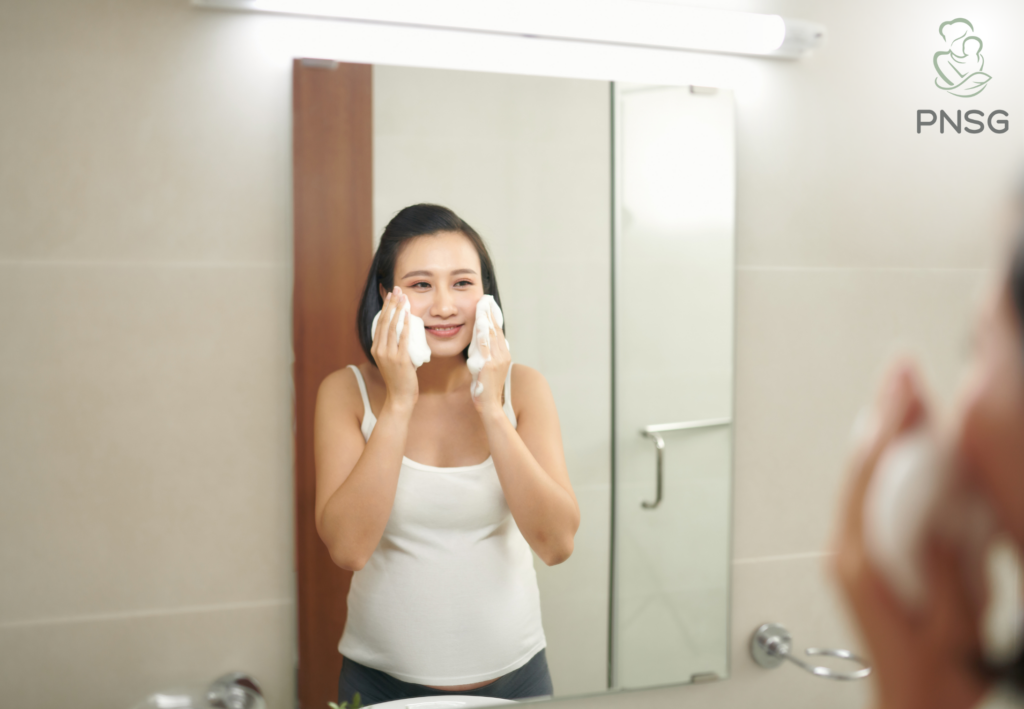
When we talk about pregnancy, most conversations spotlight the incredible joys and natural challenges of approaching motherhood. But pause momentarily and think about the everyday woman behind the ‘mum-to-be’ title. The woman who’s always been particular about her skincare, values a good complexion, and desires to look her best, even with a baby on board?
Pregnancy doesn’t have to mean sidelining your skincare routine. Prenatal home massage is a great way for pregnant women to relax and de-stress while also getting some much-needed pampering. The massage can help to reduce stress, improve circulation, and boost the lymphatic system, all of which can lead to a healthier and more radiant complexion. However, it’s important to be aware of certain skincare elements that should be avoided during pregnancy.
Here are 5 skincare elements that are best avoided during pregnancy and why:
1. Over-Exfoliating
Exfoliation is the process of removing dead skin cells from the surface of your skin. It can be done using various methods, including physical and chemical exfoliators. It can be beneficial for your skin in several ways. It can help to improve skin texture and tone, reduce the appearance of wrinkles and fine lines, and unclog pores.
However, over-exfoliating can damage your skin barrier and make it more sensitive. During pregnancy, hormonal changes make your skin barrier more vulnerable. Over-exfoliating during this time can further weaken your skin barrier and make it more susceptible to irritation, dryness, and redness. It can also make your skin more sensitive to the sun and other environmental stressors.
Here are some tips for safe exfoliation during pregnancy:
- Use a gentle exfoliator. Avoid harsh scrubs or brushes, as these can damage your skin barrier. Look for exfoliators with gentle exfoliating ingredients, such as jojoba beads or sugar.
- Exfoliate once or twice a week. This will help to remove dead skin cells without over-exfoliating, which can irritate your skin.
- Choose a low-concentration product if you use a chemical exfoliator, and test it on a small area of your skin before using it on your entire face. This will help ensure you don’t have any allergic reactions to the product.
2. Ignoring Skin Changes
During pregnancy, your skin goes through many changes due to hormonal fluctuations. You may experience acne, dryness, stretch marks, or melasma. It’s essential to be aware of these skin changes and to take steps to address them.
Ignoring skin changes during pregnancy can lead to several problems. For example, if you’re experiencing acne and don’t treat it, it may become more severe and difficult to treat after pregnancy. If you’re experiencing dryness and don’t moisturise, your skin may become cracked and irritated. And if you’re experiencing stretch marks or melasma and don’t treat them, they may become more noticeable after pregnancy.
By being aware of the skin changes you are experiencing during pregnancy and taking steps to address them, you can help keep your skin healthy and glowing.
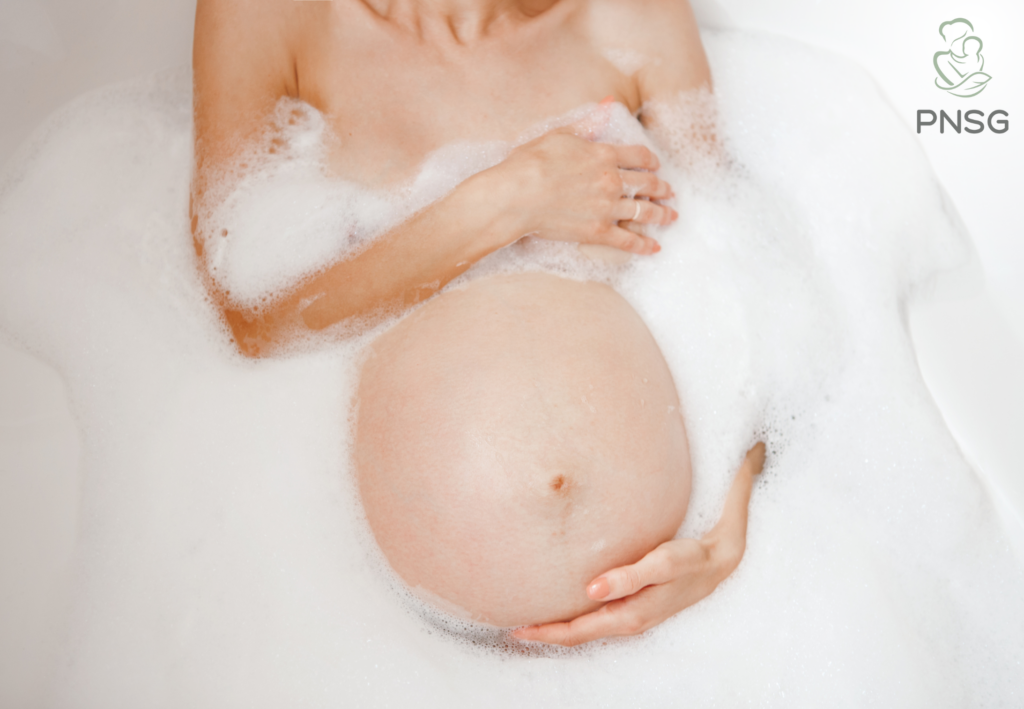
3. Skipping Sunscreen
Sunscreen is essential for everyone, but it’s crucial for pregnant women. Pregnant women are more prone to sun damage, leading to premature ageing and skin cancer. During pregnancy, your skin produces more melanin, the pigment that gives your skin its colour. Melanin helps to protect your skin from the sun’s harmful UV rays. However, even with increased melanin production, pregnant women are still at risk for sun damage. The melanin makes your skin more susceptible to sunburns.
So, how do you choose and use sunscreen during pregnancy?
- When choosing a sunscreen for pregnancy, look for a broad-spectrum sunscreen with an SPF of 30 or higher. Broad-spectrum sunscreens protect against both UVA and UVB rays. UVA rays can cause premature ageing and skin cancer, while UVB rays can cause sunburn and skin cancer.
- It’s also essential to choose a water-resistant sunscreen. Water-resistant sunscreens stay on your skin even when you’re sweating or swimming.
- To use sunscreen during pregnancy, apply it liberally to all exposed skin, including your face, neck, ears, and hands. Apply sunscreen 30 minutes before going outside and reapply every two hours or more often if you’re sweating or swimming.
These tips can help protect your skin from the sun’s harmful UV rays and reduce your risk of premature ageing and skin cancer.
4. Taking Long, Hot Baths
Long, hot baths can be relaxing and soothing, but they’re not a good idea during pregnancy. Your core body temperature should not rise above 39 degrees Celsius during pregnancy. A long, hot bath can raise your core body temperature, potentially harming your baby. When your body temperature increases, your blood vessels dilate to help release heat. This can divert blood away from your uterus and placenta, reducing the oxygen and nutrients your baby receives.
If you do choose to take a bath during pregnancy, there are a few things you can do to make it safer:
- Limit the water temperature. Use warm water, not hot water.
- Keep the bath short. Limit your bath to 10-15 minutes.
- Add essential oils. Adding essential oils to your bath water can help relax your muscles and soothe your skin. However, talking to your doctor before using essential oils during pregnancy is important.
- Get out of the bath slowly. Get out of the tub slowly to avoid dizziness.
5. Using Harsh Chemicals
Harsh chemicals can irritate your skin and make it more sensitive. When choosing skincare products during pregnancy, it is essential to read the labels carefully and avoid products that contain harsh chemicals. Look for products that are labelled “hypoallergenic” and “fragrance-free.” You may also want to choose products specifically designed for pregnant women.
Here are some examples of harsh chemicals to avoid during pregnancy:
- Retinoids. Isotretinoin is a vitamin A derivative that is used to treat severe acne. It can cause serious congenital disabilities, including brain, heart, and bone abnormalities. It is, therefore, important for women to avoid taking isotretinoin during pregnancy and breastfeeding.
- Salicylic acid [in high doses]. It is a type of nonsteroidal anti-inflammatory drug (NSAID), and NSAIDs have been linked to an increased risk of congenital disabilities and miscarriage when taken during pregnancy.
- Benzoyl peroxide. Benzoyl peroxide is not recommended for use on the chest area during pregnancy, as this could potentially increase the risk of exposure to the baby.
Conclusion
Pregnancy is a unique and special time in a woman’s life. While it’s a time for excitement and joy, it’s also a time for some adjustments, including changes to your skincare routine. Avoiding the 5 skincare elements discussed in this blog post can help keep your skin healthy and glowing during pregnancy.
Don’t forget to talk to your doctor before using new skincare products during pregnancy, especially if you have any concerns. They can help you choose safe and effective products for your individual needs.
So, are you seeking a way to relax and de-stress during your pregnancy? A prenatal massage at home might be just what you need. At Postnatal Massage Singapore, we bring experienced therapists directly to your doorstep for a rejuvenating massage. We use only the safest and most gentle products on your skin.
Visit our website to learn more about our prenatal massage home service, and book your appointment today!

